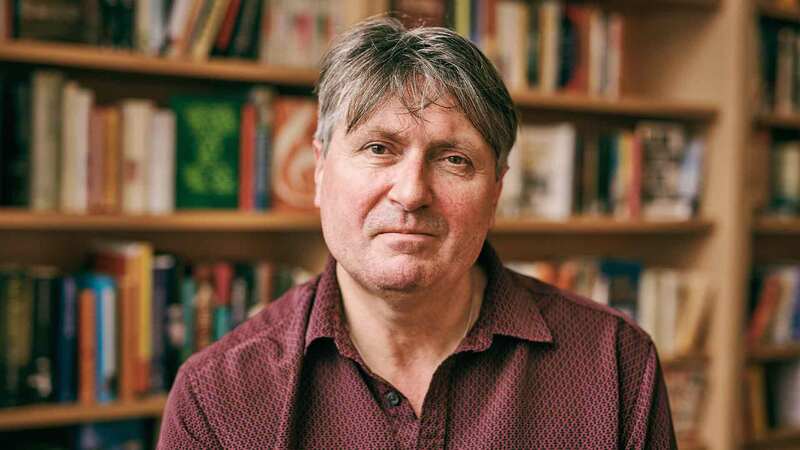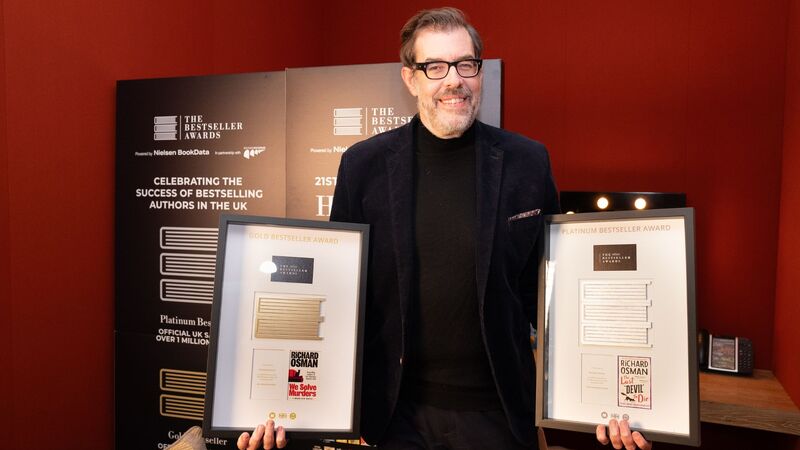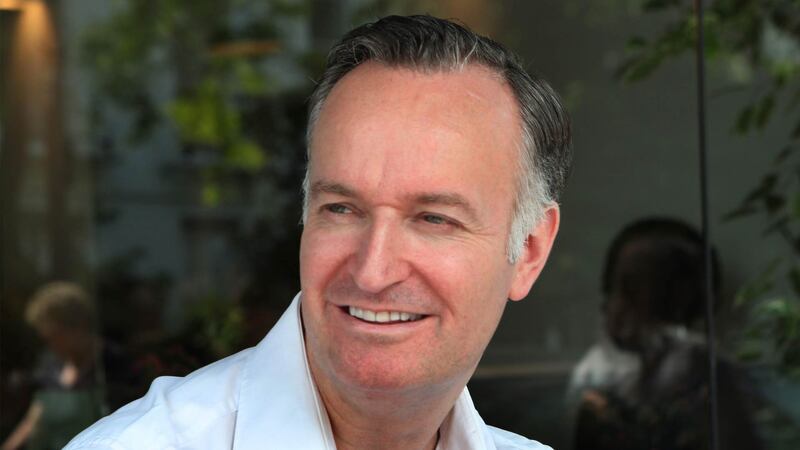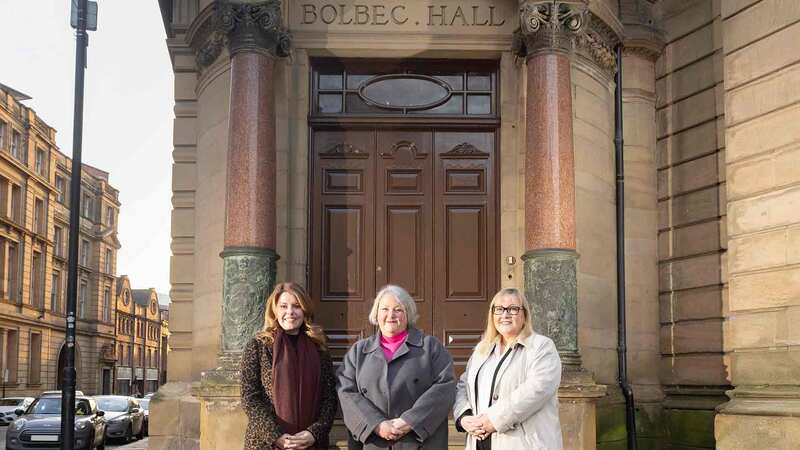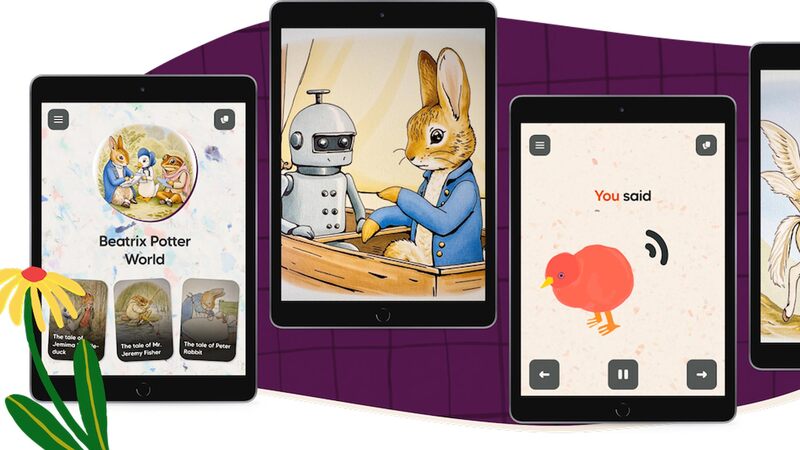You are viewing your 1 free article this month. Login to read more articles.
One in eight disadvantaged children 'do not own a book'
Cressida Cowell has called the closure of school libraries a “social mobility time-bomb” as it is revealed that one in eight disadvantaged children in the UK do not own a book.
Research from the National Literacy Trust (NLT) has shown that three quarters of a million school children do not own a book, with those who receive free school meals, boys of all ages and teenagers being most likely not to have one.
While the report, ‘Book ownership and reading outcomes’, has shown a “massive increase” in children owning books since a similar research report published by the charity in 2011, its authors have suggested the current problem "should not be overlooked". Previously the findings revealed that a third of children and young people aged 8 to 16 said that they didn’t have a book of their own. But the recent survey shows that now 90% report having a book of their own at home, although one child in eight who receive free school meals does not.
Speaking about the report, Cowell told The Bookseller she believed it was "absolutely vital to get kids reading for pleasure” and urged the public to donate to the NLT’s ‘Christmas Stories’ campaign to give some of the UK’s most disadvantaged children their very first book.
The How to Train Your Dragon author, who has been an NLT ambassador for a decade, is concerned that the closure of school libraries is impacting on young people’s life chances.
She said: “Libraries in primary schools are closing across the country which is very worrying. It is a social mobility time-bomb.
“It’s about reading for pleasure and getting books to the kids that need it most. This is such an important issue. If those children don’t have books, how will they read? It’s such an important issue that possibly does not get the attention it deserves.”
Cowell believes the government should set aside money so that every primary school has a library. She said: “Investing in libraries would be an investment in the future prosperity of the country. The government shouldn’t leave it up to individual schools because… libraries end up the first thing to go [in a reduced budget].
“I think there is a real pressure on families… Parents can see reading as the school’s job, that is very common, we are pressured as parents, so I don’t think they always realise that getting kids reading for pleasure is so important and affect their life chances.”
She described the barriers to children’s reading as a “complicated problem” and revealed she believes digital devices have encouraged authors to “up their game”.
She said: “I think this is this is one of the reasons why we’re experiencing a golden age in children’s literature because we're having to write to in as engaging and visually exciting a way as possible.
“I am not anti-screen, it is about finding time as well as that to make kids are reading books. I am aware of this so I write and illustrates for kids knowing they spend a lot of time on screens – kids are very visual. I am conscious of this [the screen issue] but I see it as helping us authors up our game and really work for children’s attention.”
She also agreed with fellow author and illustrator Lauren Child’s recent comments on providing children "more space to create". Cowell said: “I absolutely agree with that from a mental health point of view as well as fostering creativity.”
The NLT report, written by Christina Clark and Anne Teravainen, states that although the number of children owning a book has improved since 2011, the existing problem should not be "overlooked".
It reads: "Of the 39,097 children and young people who answered the question of whether or not they have a book of their own at home, 90.6% said that they have a book of their own at home. This is a massive increase since 2010, when only 66.8% said they have a book of their own at home.
"While this is clearly something to celebrate, we should not overlook the fact that in 2016, 1 child and young person in 11 (9.4%) said that they don’t have a book of their own. That percentage rises to 1 child and young person in 8 (13.1%) who receive free school meals: our proxy of socioeconomic background."
Jonathan Douglas, the NLT director, said: “Books have the power to transform children’s lives, which is why it is so alarming to discover that more than three-quarters of a million children in the UK don’t have a single book to call their own. Getting books in to the hands of children and helping them discover a love of reading is at the very heart of everything we do.”
He added: “By donating to the National Literacy Trust this Christmas, you could help give a disadvantaged child their first ever book and set them on the path to a brighter future.”




